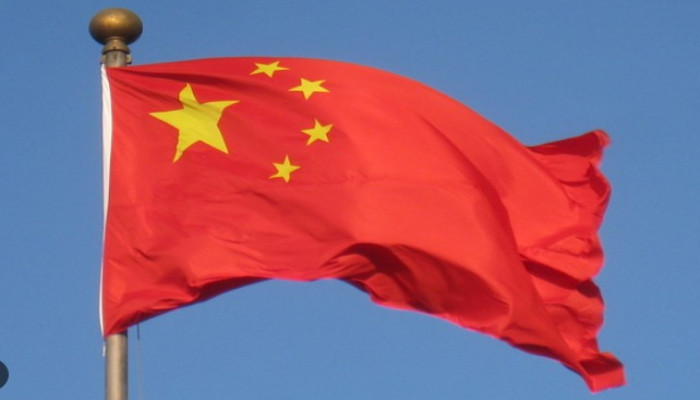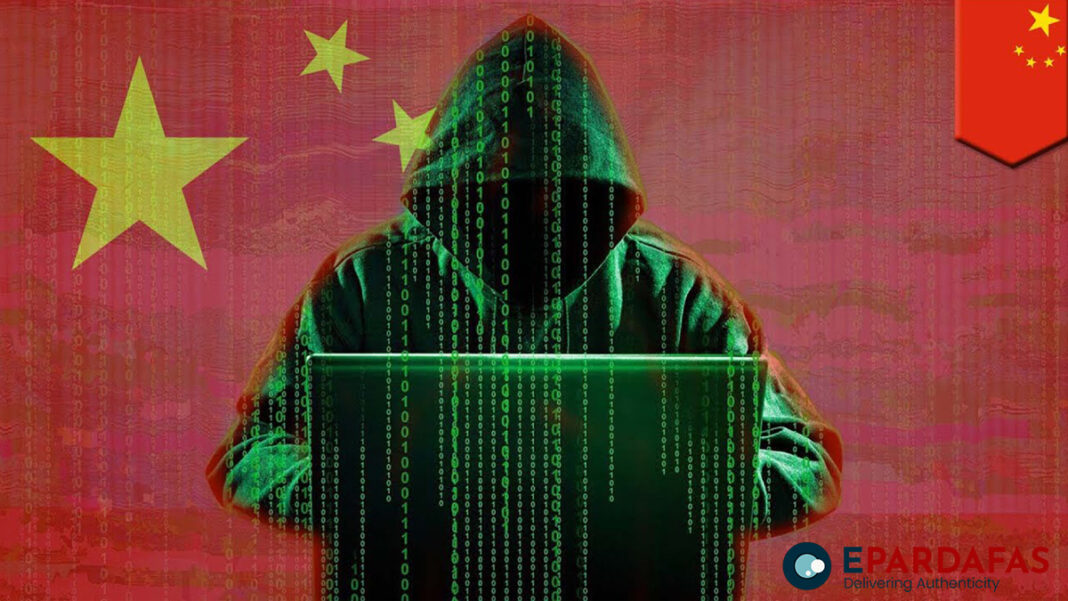
In a significant development, a prominent news company in the Solomon Islands has reportedly received an astonishing sum of more than USD 1,30,000 from the Chinese government. According to The Asian Age, the funds were provided to the news company in exchange for their commitment to “promote the truth about China’s generosity and its true intention to help develop” the Pacific island nation. This revelation was brought to light through a funding document and emails that were thoroughly examined by BenarNews, a news organization affiliated with Radio Free Asia (RFA).
Solomon Islands’ diplomatic shift to China in 2019 created a flashpoint for the Chinese-American conflict in the Pacific region. A security agreement with China raised concerns among the US and its allies, including Australia, over the potential for a Chinese military presence in the area.
According to a funding proposal made to the Chinese embassy in July 2022 by the proprietors of the Solomon Star newspaper and Paoa FM radio station, the collaboration will benefit Beijing by “promoting China as the most generous and trusted development partner in the Solomon Islands.”
As per, The Asian Age, the Organised Crime and Corruption Reporting Project, supported by nonprofit organizations and government agencies, has uncovered a pay-for-play agreement, breaking the story for the first time. The project’s Pacific reporting is funded by a no-strings-attached US government grant.
Meanwhile, records examined by BenarNews have revealed previously well-kept secrets in some circles within the Solomon Islands. These records provide detailed information about gifts from the Chinese embassy intended for the local media.
Furthermore, one of the major newspapers in the Solomon Islands, The Solomon Star, finds itself in the spotlight. Senior journalist Alfred Sasako chastised several Solomon Star reporters in an email dated July 17 for their negative coverage of Prime Minister Sogavare’s official visit to Beijing. This incident raises concerns about media influence and its implications on diplomatic relations in the Pacific region.
“I write to place on record my profound disappointment about our front page article, titled China Trip Exposed,” Sasako said in the email reviewed by BenarNews. “My further disappointment is the fact that such publicity makes it very difficult for me to deal with the Chinese Embassy on matters pertaining to Chinese Government support for the Solomon Star,” he said in the email that also extolled the benefits of China’s assistance to the Solomon Islands, The Asian Age reported.
In the edition of the Solomon Star, an editorial emerged in defense of its Chinese government funding. The newspaper firmly denied any claims of the Chinese embassy reproaching them for negative coverage or attempting to censor any reports.
“Yes, Solomon Star has nothing to hide,” said the article. “We have received funding support from China.” It claimed that other media organizations and journalists in the Solomon Islands were also receiving or seeking Chinese government funding.
Based on the funding document, the Chinese embassy was contacted by the Solomon Star, owned by the Lamani family, in 2021 seeking financial assistance. The embassy agreed to contribute approximately USD 41,000 initially, and the funding was increased to around USD 133,000 in June 2022, based on a new project format offered by the embassy.
The Asian Age reported that the media outlet suffered financial setbacks due to the COVID-19 pandemic, leading to layoffs of half of its 100 employees. Outdated printing equipment occasionally caused delays in publishing editions.
The newspaper expressed concern about delays in receiving funds for new printing equipment, impacting their ability to inform, educate, and entertain the people of Solomon Islands about China and its development.
With a daily print run of 6,000 copies and an estimated readership twice that number, the Solomon Islands’ diplomatic shift to China reflects the increasing influence of China in the Pacific region.
During Prime Minister Sogavare’s visit to China, he was honored by the country’s leaders. The Solomon Islands, situated 2,100 kilometers northeast of Brisbane, Australia, faces challenges related to infrastructure, connectivity, and healthcare. To mitigate these issues, the nation seeks to gain additional development aid by leveraging competition between China and the US.

